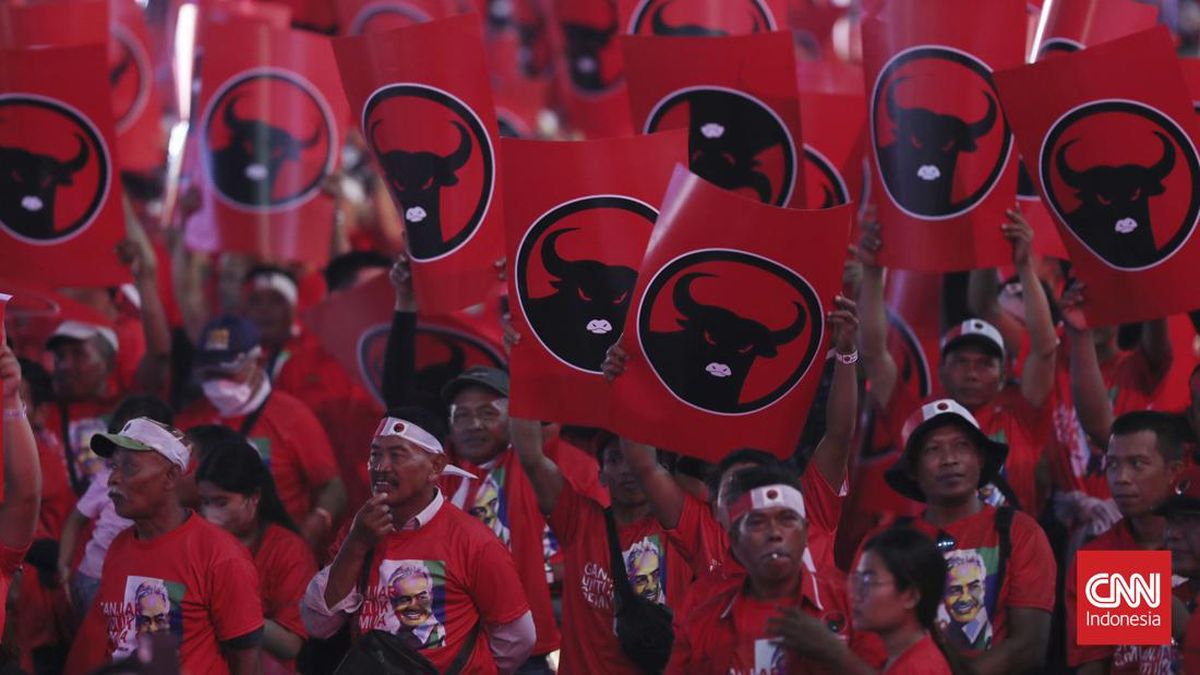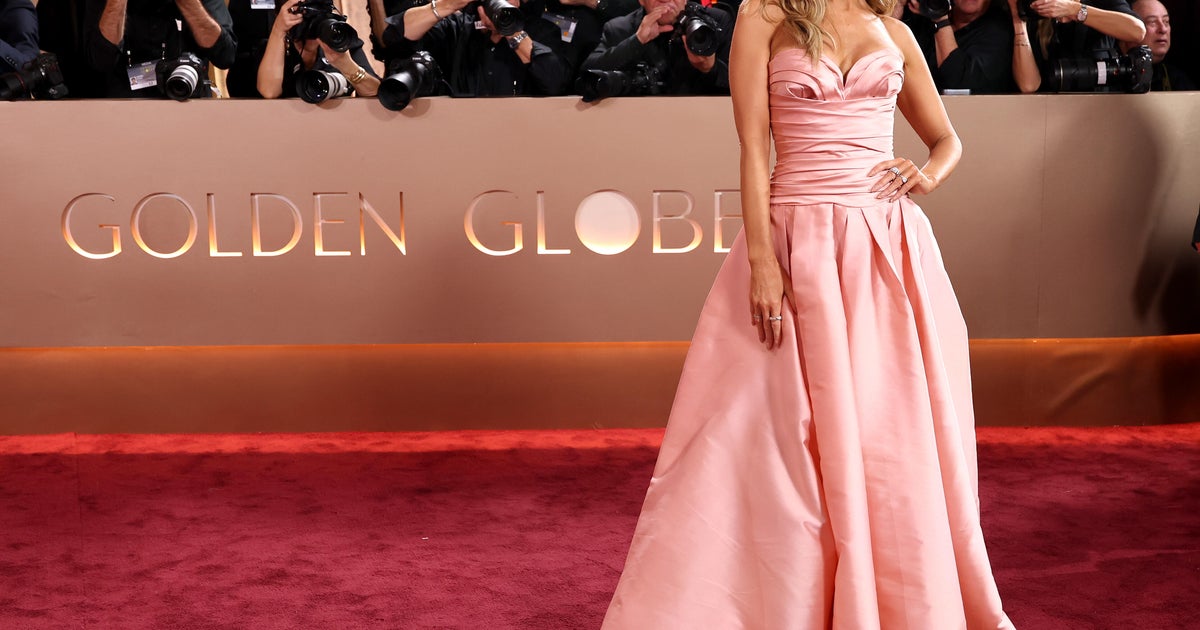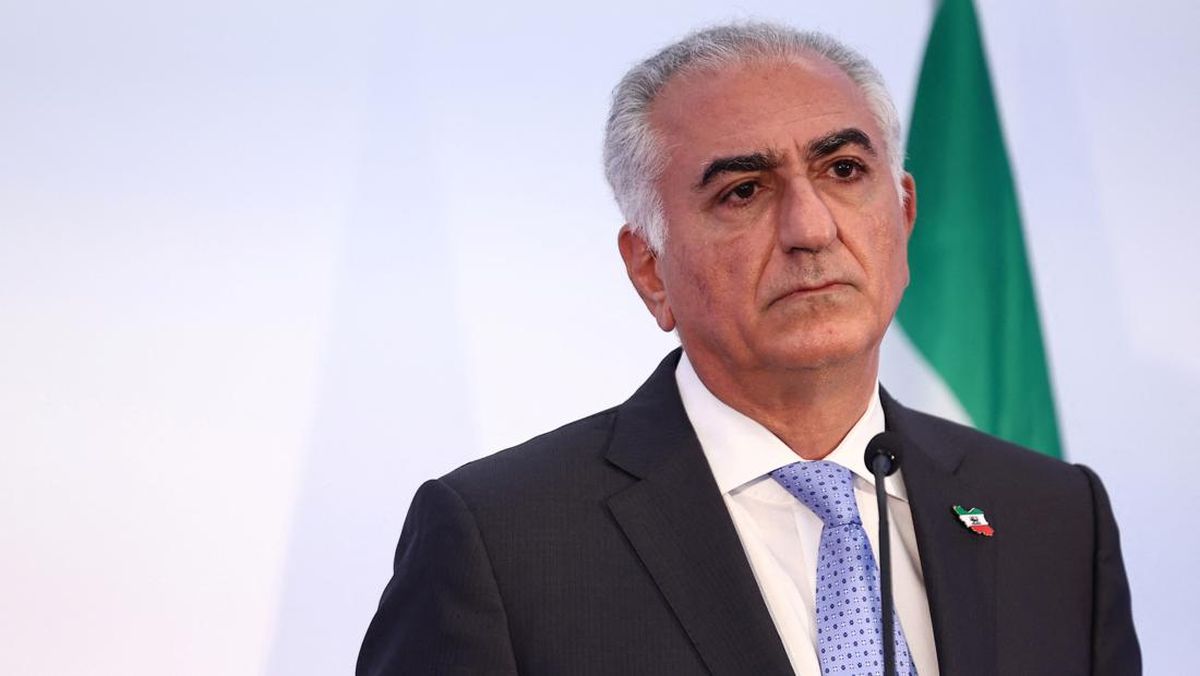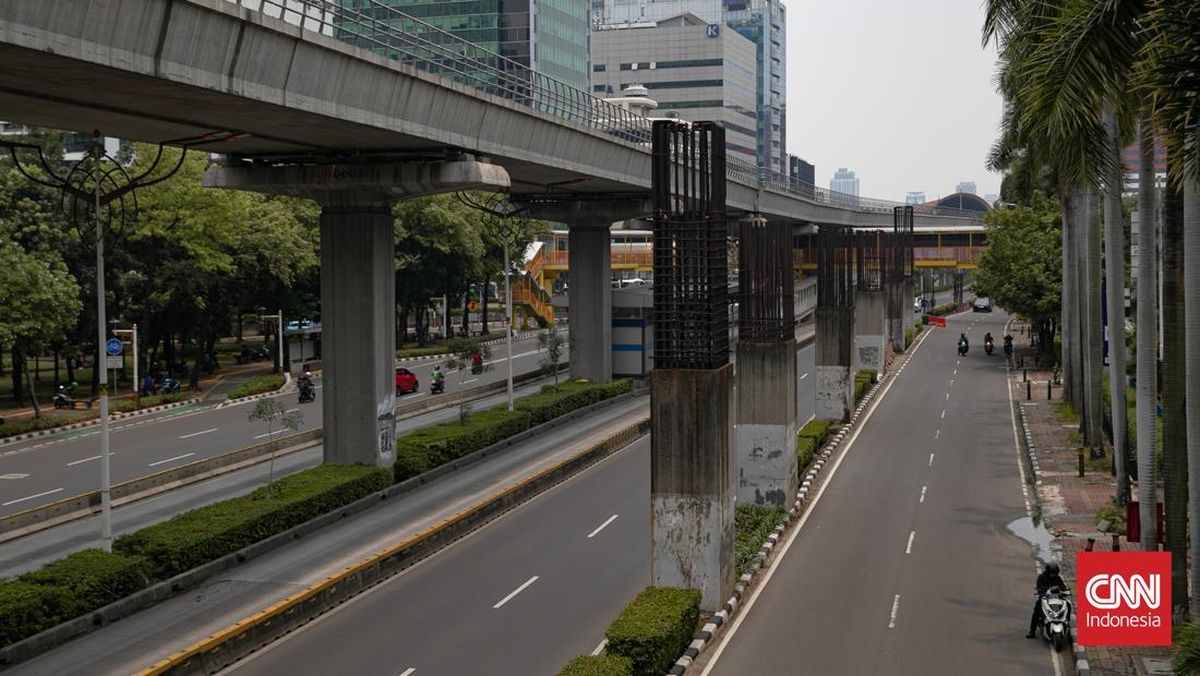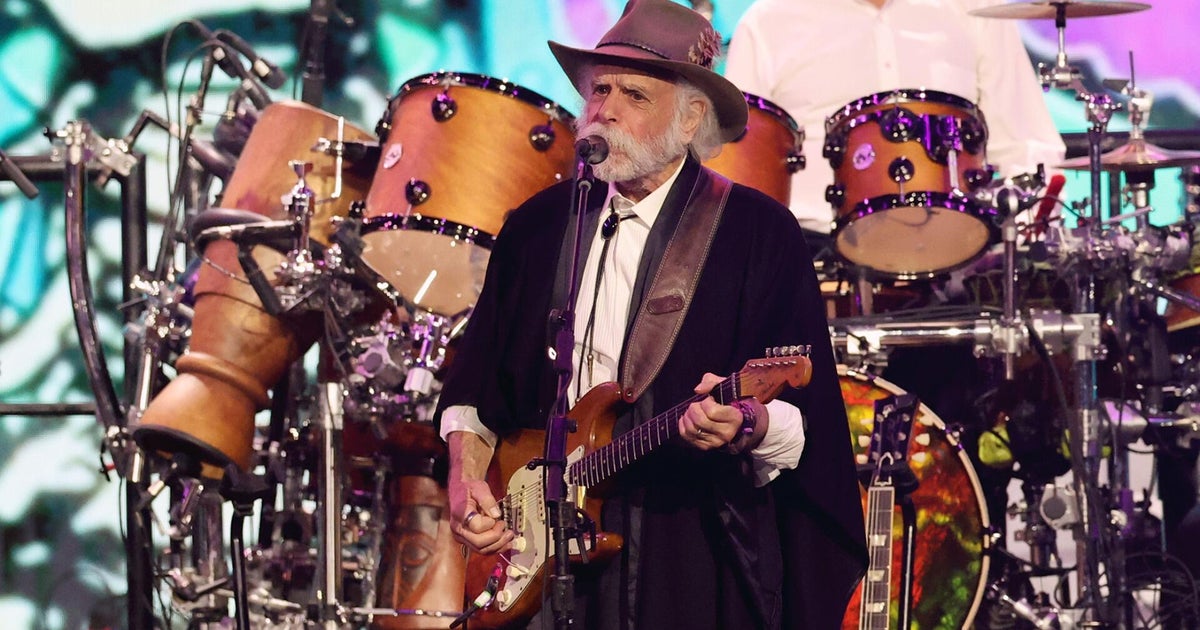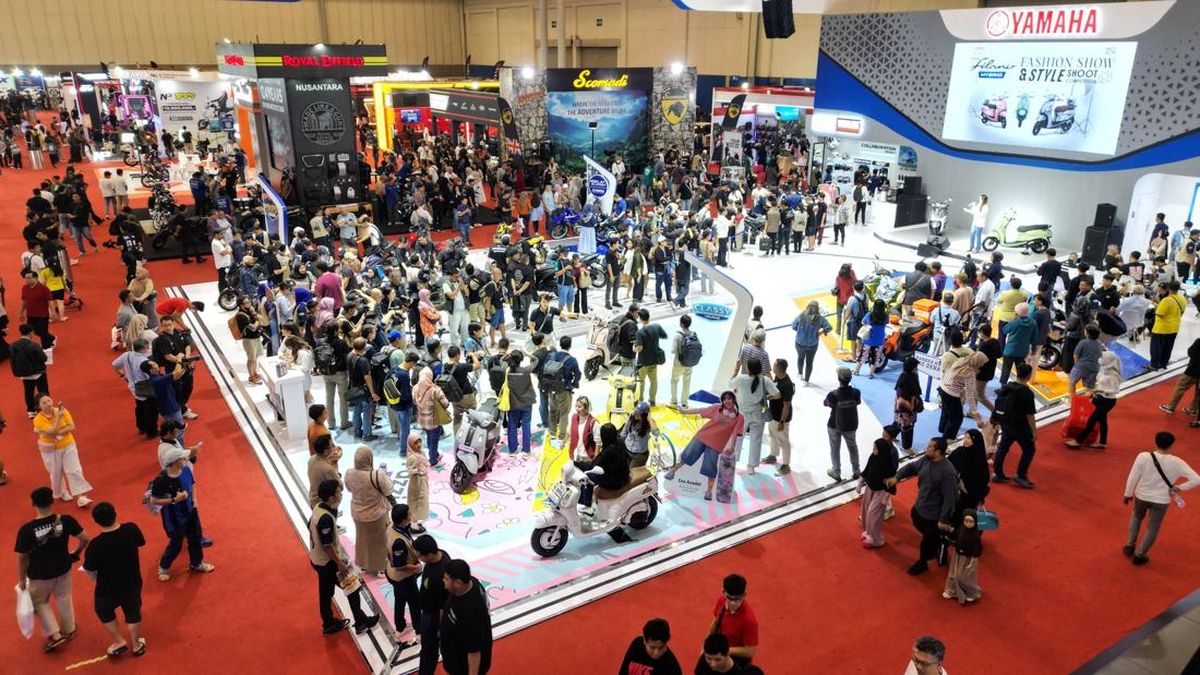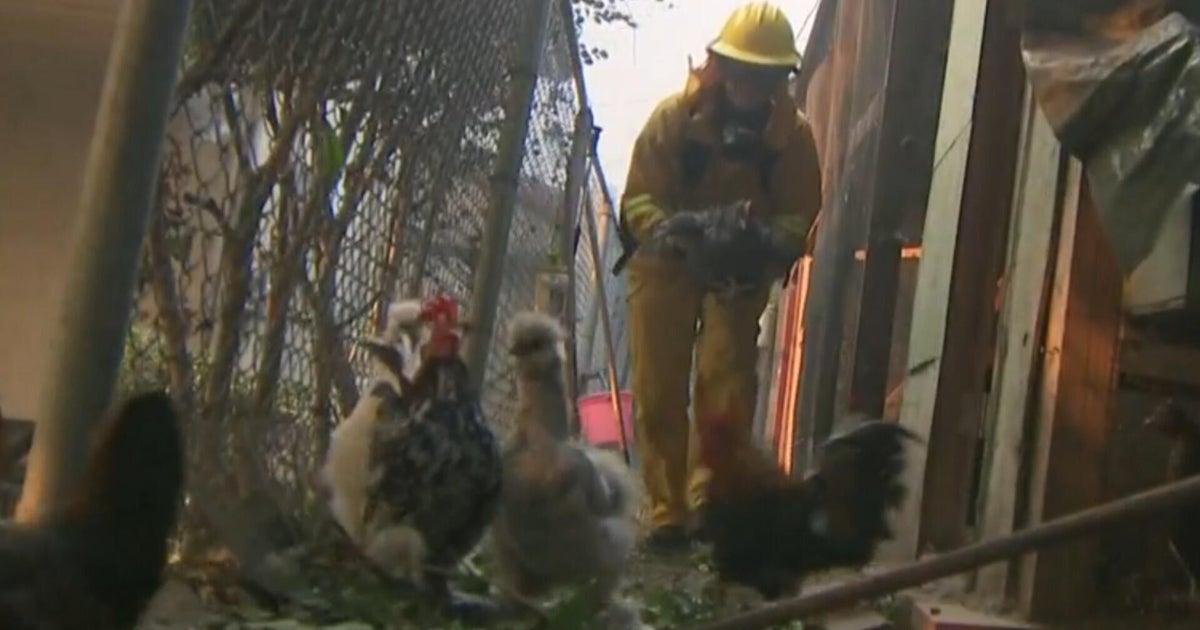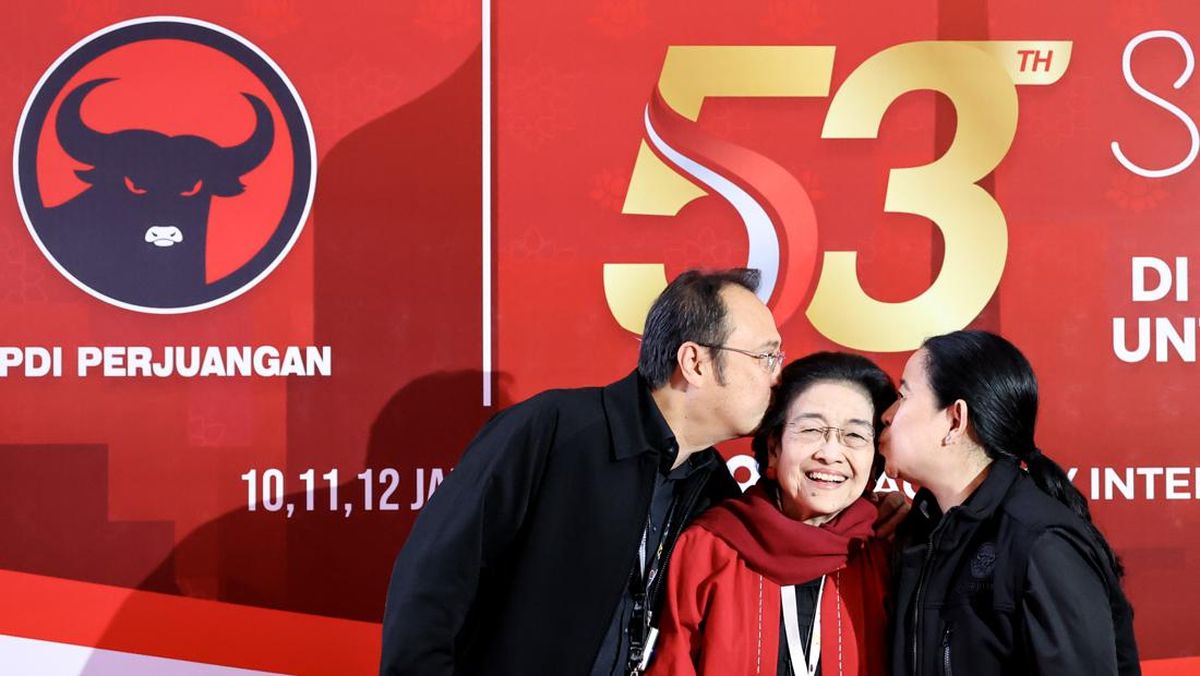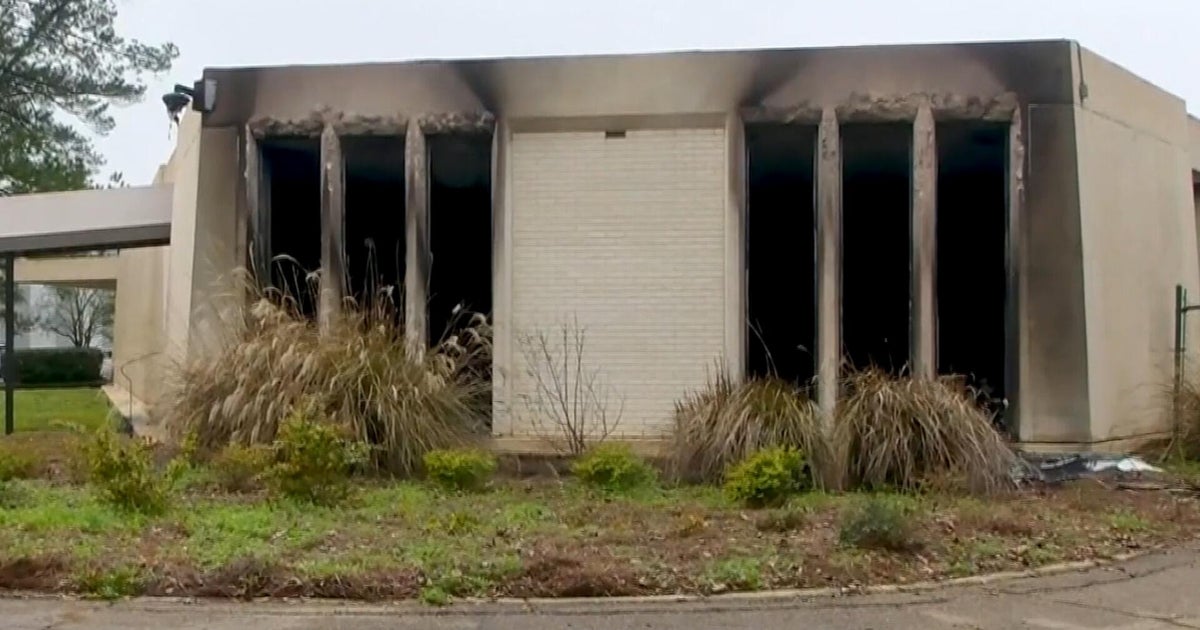Washington: This summer, Steve Witkoff, US President Donald Trump’s Middle East envoy, paid a visit to the coast of Sardinia, a stretch of the Mediterranean Sea crowded with super yachts.
On one of those extravagant vessels, Witkoff sat down with a member of the ultrarich ruling family of the United Arab Emirates. He was meeting Sheikh Tahnoon bin Zayed Al Nahyan, a trim figure in dark glasses who controls $US1.5 trillion ($2.2 trillion) of the Emiratis’ sovereign wealth.

President Donald Trump is greeted by well-wishers are he arrives at Qasr Al Watan, the presidential palace, alongside President Mohammed bin Zayed Al Nahyan of the United Arab Emirates during his visit to Abu Dhabi on Thursday, May 15, 2025. Credit: New York Times
It was the latest engagement in a consequential alliance.
Over the past few months, Witkoff and Sheikh Tahnoon had become both diplomatic allies and business partners, testing the limits of ethics rules while enriching the president, his family and his inner circle, according to an investigation by The New York Times.
At the heart of their relationship are two multibillion-dollar deals. One involved a cryptocurrency company founded by the Witkoff and the Trump families that benefited both financially. The other involved a sale of valuable computer chips that benefited the UAE economically.
While there is no evidence that one deal was explicitly offered in return for the other, the confluence of the two agreements is itself extraordinary. Taken together, they blurred the lines between personal and government business and raised questions about whether US interests were served.
In May, Witkoff’s son Zach announced the first of the deals at a conference in Dubai, UAE. One of Sheikh Tahnoon’s investment firms would deposit $US2 billion into World Liberty Financial, a cryptocurrency start-up founded by the Witkoffs and Trumps.
Two weeks later, the White House agreed to allow the UAE access to hundreds of thousands of the world’s most advanced and scarce computer chips, a crucial tool in the high-stakes race to dominate artificial intelligence. Many of the chips would go to G42, a sprawling technology firm controlled by Sheikh Tahnoon, despite national security concerns that the chips could be shared with China.
Loading
Those negotiations involved another key White House official with ties to the tech industry and to the Middle East: David Sacks. A longtime venture capitalist, Sacks serves as the administration’s AI and crypto tsar, a newly created position that has allowed him to shape tech policy even as he continues to work in Silicon Valley.
The Times found that the agreements were intertwined in ways that have not been previously reported and that they provoked concerns about conflicts of interest even from staff members in the Trump administration.
The Times reviewed correspondence and interviewed more than 75 people, many of whom spoke on the condition of anonymity to describe sensitive matters, to reveal new details that show how the deals got done:
- Steve Witkoff advocated to give the UAE access to the chips at the same time that his and Trump’s family business was landing the crypto investment, despite an ethics rule intended to prohibit officials from participating in matters that could benefit themselves or their relatives.
- Sacks was a key figure in the chip negotiations, raising alarm from some Trump administration officials who believed that it was improper for a working venture capitalist to help broker deals that could benefit his industry and investors in his company. He received a White House ethics waiver allowing him to participate.
- A senior executive based in the UAE worked simultaneously for World Liberty and Sheikh Tahnoon’s G42, creating a link between the two companies as the Emiratis were pushing to gain access to AI chips.
- Some Trump administration officials tried to limit the chips deal, but an unexpected intervention by conservative agitator Laura Loomer changed the power dynamic within the White House in the UAE’s favour.
Representatives for the White House and World Liberty both denied any connection between the two deals, with an administration spokesperson calling the crypto transaction “totally unrelated to any government business”.
World Liberty said in May that Witkoff was fully divesting from the company. A disclosure document made public last weekend showed that, as of August, he still had a financial interest in the firm, though it did not reveal the value. The White House spokesperson said in a statement that Witkoff was “still in the process of divesting”.
Asked whether Witkoff violated federal ethics rules, the spokesperson responded that Witkoff was “working with ethics officials and counsel to ensure he is in full compliance”.
The White House statement also said that Sacks had acted appropriately. “Mr Sacks has no financial interest in the UAE chip deal,” the statement said.
And a spokesperson for G42 said the company was “grounded in integrity” and committed to safeguards, auditing and co-ordination with the Americans to ensure that US technology does not get into the wrong hands.
Already the two deals have been transformative.
The first instantly propelled World Liberty into one of the world’s most prominent crypto companies, giving it a revenue stream that could be worth tens of millions of dollars annually.
The second is still pending, with final details under discussion in the White House. But it is poised to be a monumental victory for the UAE. The Trump administration agreed to exponentially increase the UAE’s access to one of the most important inventions in modern history.
The back-to-back deals violate long-standing norms in the United States for political, diplomatic and private deal-making among senior officials and their children, according to three ethics lawyers interviewed by the Times. And they have generated alarm among some former government officials.
“If you’re the president of the United States, you want to be making national security decisions in the American interest – not the commercial interests of the people involved,” said Brad Carson, a former Army undersecretary who runs a bipartisan non-profit that advises the government on AI.
In the middle of both deals was Trump, a president who has used his power to enrich himself in ways that have little modern precedent, at least in the United States. It is more reminiscent of business customs in the Persian Gulf, where moneymaking and governance are blended in the hands of the ruling families.
“We really need to take a page out of His Highness’ and the Emirates’ book,” Zach Witkoff said at the Dubai conference. “They are just an amazing example of how you can lead with innovation while also maintaining your family values.”
A blurring of lines
Sheikh Tahnoon, 56, has long had an air of mystery. Because of an eye condition, he is rarely seen without a pair of shades, even when meeting with world leaders.
For years, Sheikh Tahnoon has served as the UAE’s national security adviser, surrounding himself with comrades who include a British ex-spy and the former prime minister of Lebanon. He became embroiled in a spying scandal in 2019, when it emerged that operatives hired by the UAE were targeting human rights activists including Ahmed Mansoor, whose baby monitor they hacked to spy on his family.
Loading
By 2023, Sheikh Tahnoon had also taken on a new role, as the key orchestrator behind the royal family’s sovereign wealth. With more than $US1 trillion of government money at his disposal, Sheikh Tahnoon was intent on turning his tiny oil-rich nation into a technological powerhouse.
The riches financed G42, a sprawling enterprise that Sheikh Tahnoon personally controls with an AI business and cutting-edge ventures in genomics and cloud computing.
But as advances in AI technology became a phenomenon, it was clear that G42 lacked a crucial tool: the world’s most powerful computer chips. This technology is designed primarily by US companies, particularly Nvidia. The United States had export policies that limited sales to certain foreign countries to prevent the technology’s misuse.
Sheikh Tahnoon approached the Biden White House, seeking access to these chips. The outreach included a high-level meeting with Gina Raimondo, the commerce secretary for President Joe Biden, on the sheikh’s luxury yacht, according to two former US officials.
Nvidia was enthusiastic about selling its products in a new market. But Biden’s national security staff and some US intelligence officials had serious doubts.
The UAE had performed joint exercises with the Chinese military, and G42 had formed wide-ranging business partnerships with Chinese tech companies. US officials worried that China might gain access to Emirati data centres, accelerating its efforts to build AI-enhanced weapons that could someday be deployed against US soldiers.
Alan Estevez, who was an undersecretary of commerce in the Biden administration, recalled telling Sheikh Tahnoon that he could not share technology with both the United States and China.
“You’re going to have to make a choice,” Estevez recalled saying.

Jensen Huang, the chief executive of Nvidia, at a presentation in June. Nvidia was enthusiastic about potentially selling its products in the UAE but Biden administration officials had national security concerns.Credit: Bloomberg
In the end, all the UAE could extract from the Biden administration was a government-sanctioned deal with Microsoft that gave G42 access to a small number of the high-powered chips, with rules that limited what the Emirati firm could do with them. G42 also agreed to eliminate certain Chinese technology from its operations.
Trump’s election victory in 2024 opened new doors.
Suddenly Sheikh Tahnoon had allies in Washington who loved making deals. Among them was Steve Witkoff.
Witkoff, 68, met Trump about four decades ago as a young lawyer working with bigwig real estate executives in New York. They became golfing buddies and close confidants.
Two months before Election Day, they went into business together. Witkoff, Trump and their sons appeared on a social media stream to announce that they were starting World Liberty. An investor prospectus showed that the Trump and the Witkoff families would own large amounts of the company’s digital currency and receive a cut of the firm’s profits.
The election changed Witkoff’s life. He had never played any role in international diplomacy, but Trump gave him a broad portfolio including foreign wars and hostage negotiations.
Loading
He started his work while Biden was still in office. One of his first stops was the UAE in December.
Immediately the division between government and family business started to blur.
First, Witkoff spoke behind closed doors at a major crypto conference in Abu Dhabi, UAE, and met with Justin Sun, a Chinese-born billionaire who had recently invested $US30 million in World Liberty.
Second, the trip gave Witkoff a chance to renew his relationships in the UAE, a source of capital that he had tapped during his real estate career.
In 2013 and again in 2019, the Emiratis had invested in a New York hotel that Witkoff’s real estate company had purchased, the Park Lane. Witkoff is also close with Marty Edelman, a New York lawyer who participated in the Park Lane deal and now works for Sheikh Tahnoon’s G42 as general counsel.

Steve Witkoff, President Trump’s Middle East envoy, made the UAE one of his first stops before Trump even took office.Credit: New York Times
Whether Witkoff met with Sheikh Tahnoon on the December trip is disputed. A person briefed on the trip told the Times that they met around the time of the conference, confirming reports by Axios and The Wall Street Journal.
But a White House spokesperson denied that any meeting took place in December, while confirming the subsequent get-together in Sardinia, which she said was focused on mediating international conflicts.
What is clear is that Witkoff was soon in the middle of overlapping billion-dollar business deals with Sheikh Tahnoon.
His son Zach, a founder of World Liberty, kept tabs on the Middle East discussions. In private conversations last year, he alluded to high-level meetings in the region, according to a person familiar with the matter and messages viewed by the Times.
Sheikh Tahnoon had become “a good friend of the family”, Zach Witkoff told an associate.
A raging debate
Just blocks from the CIA, on the edge of the Potomac River, the UAE has its own Washington-area operations hub.
In March, the Emiratis hosted an extraordinary procession of guests there. Sheikh Tahnoon was in town, hoping to make a deal.
The visitors included cabinet members such as Commerce Secretary Howard Lutnick. Some of the biggest names in tech also travelled to the compound, including Jeff Bezos, the founder of Amazon, and Satya Nadella, the chief executive of Microsoft. Joining via video link was Jensen Huang, the founder of Nvidia, whose chips were critical to the Emiratis’ plans.

Treasury Secretary Scott Bessent, left, and Commerce Secretary Howard Lutnick earlier this year. Both met the Emiratis while Sheikh Tahnoon was in Washington in March.Credit: New York Times
In the middle of that week, Trump hosted Sheikh Tahnoon for dinner, alongside Vice President JD Vance and much of the cabinet. Witkoff sat next to the sheikh, who was across from the president. At the end of the table sat Witkoff’s old friend, Edelman – the G42 general counsel.
It looked to be an image of harmony for Sheikh Tahnoon.
Behind the scenes, however, there was discord. The sheikh wanted an export policy that would give the UAE more access to the most advanced American-designed AI chips.
Several administration officials, including members of the National Security Council, preferred to tighten export rules, primarily to prevent China’s access to the chips. One of them was David Feith, who had served in the State Department during Trump’s first term and helped shape the administration’s aggressive stance on China.
Feith, who had returned in the second term as senior director for technology on the National Security Council, pushed what he and colleagues called the “America First” AI chips plan. It would restrict foreign access to the most advanced chips for at least a year, in conflict with Sheikh Tahnoon’s demands.
But in early April, not long after Sheikh Tahnoon’s visit to Washington, Trump fired six Security Council officials, including Feith. The dismissals came after a roughly 30-minute meeting between Trump and Loomer.
Loomer said her opposition to Feith had to do, in part, with his father’s political views when he was serving in the administration of president George W. Bush. She said it did not pertain to the chips negotiations.
The firing turned the tide for the UAE.

Laura Loomer was influential in orchestrating David Feith’s dismissal.Credit: New York Times
With Feith out of the way, Sacks, the AI and crypto tsar, became a key figure in the negotiations.
Sacks, 53, was one of the early executives at PayPal with Elon Musk and later became a Silicon Valley investor, an influential podcaster and a major Trump fundraiser.
He adopted the view of many tech executives who believed that the United States could lead the AI revolution by ensuring that domestically designed chips powered data centres the world over.
With appropriate safeguards, chip sales to the Middle East should be effectively unlimited, Sacks contended in meetings starting in late April, one of which included Emirati diplomats.
“The choice is do we want these countries to be the piggy bank for American AI or for Chinese AI?” Sacks said on a podcast in May.
His vocal support left other US negotiators frustrated, fearing that it had cost them leverage to demand concessions, like a curb on military ties between the UAE and China.
Some administration colleagues also expressed concern because Sacks had once invested in the AI industry and had long-standing business relationships in the Persian Gulf, according to four people involved in the negotiations.
Early investors in Craft Ventures, the firm Sacks helped start in 2017, included the Abu Dhabi Investment Authority, which is now overseen by Sheikh Tahnoon. Also among Craft’s investors was the Public Investment Fund of Saudi Arabia, another nation seeking AI chips. (A spokesperson for Craft said the Emirati investment represented a “tiny percentage of Craft’s funds”.)
Until at least March, Sacks, who is still working at Craft, was also invested in a stock fund that included the Taiwan Semiconductor Manufacturing Co, which builds Nvidia’s chips, and other AI-related companies such as Amazon and Meta. (The size of those stakes isn’t publicly known.)

David Sacks, Trump’s AI and crypto tsar, has continued to work as a Silicon Valley investor.Credit: New York Times
The White House recognised that Sacks’ investments could present a problem. On March 31, the White House counsel, David Warrington, signed a letter that granted Sacks special permission to participate in government decisions that might affect his financial holdings. Without the waiver, those kinds of actions could violate a conflict of interest law.
The waiver came less than two weeks after Sheikh Tahnoon announced he had met Sacks in Washington to discuss AI “investment opportunities”.
The waiver was justified, Warrington wrote, because Sacks’ personal investments in AI were worth less than 2 per cent of his total holdings, while Craft’s AI shares accounted for less than 1 per cent. Sacks and Craft were also in the process of selling almost all of their remaining stakes in AI firms, with the last of them to be sold by the end of June.
Sacks brought “a unique and invaluable perspective” to the White House, Warrington wrote.
Loading
A Craft spokesperson said Sacks had honoured ethical standards and completed the promised divestments, though she would not specify when. In its statement, the White House said that Sacks’ conversation with Sheikh Tahnoon in March was part of a series of “meet-and-greets” and that Sacks did not join the chip negotiations until May.
Sacks did not know any UAE representatives before his government service and “participated in the negotiations for the sole purpose of advancing administration policy,” the statement said.
As the negotiations over the chip exports continued, some White House officials noticed that Sacks had an ally in Witkoff, who was seen as a valuable supporter for the UAE, because he had Trump’s ear, according to four administration officials.
While the chips debate raged, the Emiratis floated an even bigger request.
They wanted the Trump administration to sign off on a plan for TSMC to build a chip factory in the UAE, even as the United States was providing billions of dollars in subsidies for the company to build one in Arizona. Several senior administration officials emphasised that they would not support the UAE plant, according to four participants in the discussions.
At a meeting in the spring, Witkoff discussed the plan with TSMC executives and Emirati officials, arguing that it was not the right time to push for the factory, according to three people with direct knowledge of the conversation. A White House official disputed this account, saying Witkoff “was not in those meetings”.
Behind the scenes, the topic surfaced again, and Witkoff and Sacks both pushed for the factory to be built in the months that followed, the people with knowledge said.
And in private correspondence, a G42 executive described an effort to enlist Witkoff’s help with the Commerce Department, which had to sign off on any export deals and was moving cautiously, according to text messages reviewed by the Times. In one message, Talal Al Kaissi, a government affairs executive at G42, praised Witkoff and said that a company official was seeking his assistance.

TSMC’s chip factory in Phoenix. Both Witkoff and Sacks pushed for a similar factory to be built in the UAE.Credit: New York Times
The White House spokesperson disputed that the executive asked Witkoff to help with the Commerce Department. She acknowledged that Witkoff was “briefed” on the overall chip discussions, but she maintained that “he did not participate”, an important standard in federal ethics rules that prohibit government officials from taking part in matters that could benefit their families.
An email arrived in early May in the inboxes of US officials working on the negotiations. A new proposal increased the number of chips that would be sent to the UAE in the coming years from about 100,000 a year to 500,000, with a fifth of them slated for G42.
Many of these chips would be the most advanced on the market. In return, the Emiratis would spend hundreds of billions over a decade to bolster US industrial growth, including investments in AI, according to the Trump administration. (The final deal did not include approvals for the TSMC factory in the UAE.)
Several top officials tried to block the new proposal or make tweaks to toughen the demands on the Emiratis before any deal was signed, according to the Trump administration officials with knowledge of the deliberations.
What most disturbed these dissenting officials was that the White House was asking so little from Sheikh Tahnoon. They had hoped for an upfront guarantee that the UAE would cancel military exercises with China or stop sharing technology with Chinese companies.
But Sacks argued that additional demands could scuttle the deal and that security guarantees would be worked out in subsequent negotiations. And Witkoff told senior White House officials that it was vital to complete the deal before Trump’s coming trip to the Middle East, two people familiar with the matter said.
By mid-May, Sacks, Witkoff and Sheikh Tahnoon had prevailed.
Dual roles
While the chips deal was being hashed out, another alliance with the UAE was taking shape.
Until last year, Zach Witkoff, 32, was virtually unknown in the crypto world. But while his father was jetting around the world on White House duty, the younger Witkoff transformed into a crypto superstar – the face of World Liberty.
Even if his father divested from the company, he would remain one of its primary leaders. In March, he joined a group of the industry’s most powerful executives for a gathering at the White House headlined by Trump and Sacks. He celebrated the birth of his son by naming him “Don”, after the president.

Zach Witkoff, Witkoff’s son, speaking at a cryptocurrency conference in Dubai in May. He was joined on the stage by crypto investor Justin Sun and Eric Trump, one of the president’s sons. Credit: AP
But the highlight was an announcement on March 25, just days after Sheikh Tahnoon’s dinner at the White House.
In a post on the social platform X, Witkoff revealed that World Liberty would begin selling a stablecoin. These crypto coins maintain a fixed price of $US1, making them easier to use than digital currencies such as bitcoin, which fluctuate in value.
Stablecoins are hugely profitable, because issuers such as World Liberty can accept deposits from investors, give them stablecoins in return and then invest the deposits to generate a yield.
World Liberty’s stablecoin would be called USD1, Witkoff said, and was tailored to “sovereign investors and major institutions”.
The announcement also revealed that World Liberty was working with a company called BitGo, backed by Sacks’ Craft Ventures, that would store the reserve underlying the stablecoin. (A White House ethics waiver said that Craft’s stake in BitGo was small enough that it would not affect Sacks’ work.)
As a newcomer to the crypto industry, Witkoff would need money and expertise to fulfil his lofty ambitions. He turned to the UAE.
Loading
Beginning in January, one of Sheikh Tahnoon’s lieutenants, Fiacc Larkin, a computer science expert who serves as G42’s head of crypto, joined World Liberty, where his title was “chief strategic adviser”, according to his LinkedIn profile and three people familiar with the matter.
Put plainly, while the UAE was negotiating with the White House to secure chips for G42, a G42 employee was helping the Witkoffs and the Trumps make money.
Larkin did not respond to requests for comment. The G42 spokesperson did not address questions about Larkin but said the company has rigorous protocols governing “professional conduct, external engagements and conflict of interest”.
In May, Witkoff arrived at a luxury resort in Dubai to speak at Token2049, one of the world’s largest crypto conferences.
From the stage, Witkoff sang the praises of the Emirati royals. The UAE was “just one incredible country”, he said, “the most innovative country on planet Earth today”.
He also revealed that World Liberty had just agreed to a deal with a company called MGX that G42 had helped establish. (Sheikh Tahnoon is MGX’s chair.) MGX would use World Liberty’s USD1 stablecoin to complete a $US2 billion investment in Binance, a giant crypto exchange, Witkoff announced.
It was the single largest investment in a crypto company ever, according to Binance. The transaction effectively handed World Liberty a $US2 billion bank deposit, funds that the company could invest to generate returns in the tens of millions annually.
The transaction also created a financial link between the Trump family and Binance, a firm seeking relief from the US government. Binance’s founder, Changpeng Zhao, has applied for a presidential pardon, after he pleaded guilty to money-laundering violations in 2023.
“We thank MGX and Binance for their trust in us,” Witkoff said in Dubai.
Asked whether the deal was designed to support the Trumps and Witkoffs or secure access to chips, an MGX spokesperson said in a statement that the company had evaluated several possible stablecoins, assessing “business suitability, the jurisdiction and currency of assets backing the stablecoin, and compliance history”.
“On this basis MGX selected USD1,” the statement said.
‘Your wonderful brother’
It was the start of a succession of wins for the Witkoffs, the Trumps and the Emiratis.
In May, during a tour of the Middle East, the president made a stop in the UAE to announce the chips deal. He was joined by Steve Witkoff, Sacks, Sheikh Tahnoon and other Emirati leaders at Qasr Al Watan, the presidential palace.
The officials gathered around a scale model of the technology facilities that the UAE intends to build, using the American chips that the Trump administration had agreed to share.

President Donald Trump and UAE President Mohammed bin Zayed Al Nahyan talk in Abu Dhabi in May. Credit: AP
That agreement is still subject to final approval. But in Abu Dhabi, the negotiators touted the framework as historic.
“This partnership has taken a significant leap forward since you assumed office,” Sheikh Mohammed bin Zayed Al Nahyan, the president of the UAE, told Trump.
Standing beside the model, Trump praised the ability of Middle East leaders to move decisively.
“A very strong man, a brilliant man, a man of vision like few others,” Trump said of Sheikh Mohammed.
Then he added his appreciation for Sheikh Tahnoon, “your wonderful brother”.
Trump made no public mention of the $US2 billion transaction with his family company.

Trump shaking hands with Sheikh Mohamed bin Zayed Al Nahyan, Sheikh Tahnoon’s brother, in front of a scale model of the technology facilities that the UAE intends to build.Credit: New York Times
Soon many of the key figures in the UAE deals were reunited in Washington.
They gathered at a private club called Executive Branch that Donald Trump Jr, Trump’s eldest son, had helped open this year in the tiny neighbourhood of Georgetown.
Sacks and Witkoff arrived for the grand opening in June, along with Zach Witkoff. Also among the guests was Huang of Nvidia, whose chips were set to be exported to the UAE by the hundreds of thousands. And there in the crowd was the Emirati ambassador to the United States.
They had much to celebrate.
This article originally appeared in The New York Times.
Get a note directly from our foreign correspondents on what’s making headlines around the world. Sign up for our weekly What in the World newsletter.


